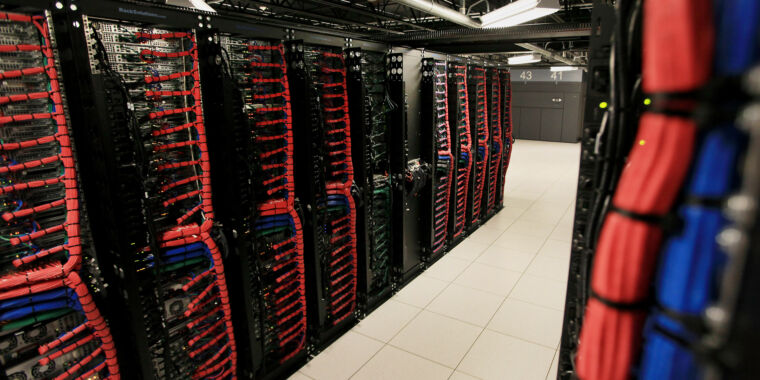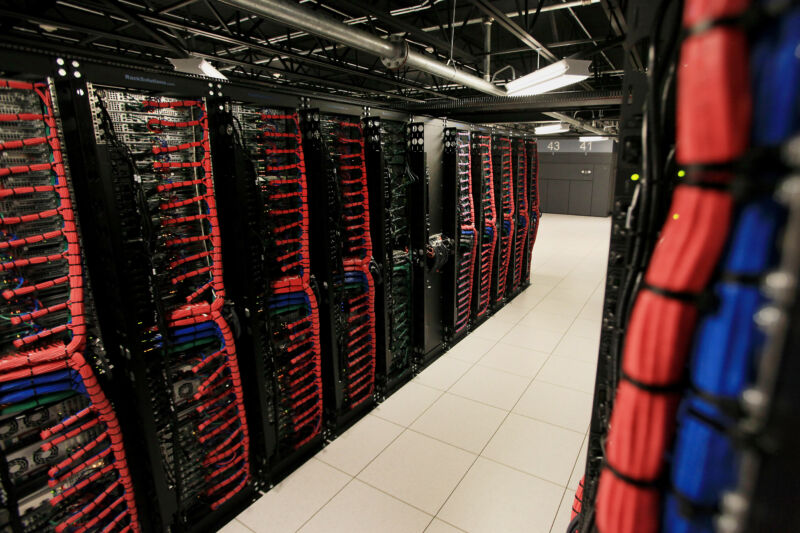Smart tires will report on the health of roads in new pilot program
Do you remember the Pirelli Cyber Tire? No, it’s not an angular nightmare clad in stainless steel. Rather, it’s a sensor-equipped tire that can inform the car it’s fitted to what’s happening, both with the tire itself and the road it’s passing over. The technology has slowly been making its way into the real world, starting with rarified stuff like the McLaren Artura. Now, Pirelli is going to put some Cyber Tires to work for everybody, not just supercar drivers, in a new pilot program with the regional government of Apulia in Italy.
The Cyber Tire has a sensor to monitor temperature and pressure, using Bluetooth Low Energy to communicate with the car. The electronics are able to withstand more than 3,500 G as part of life on the road, and a 0.3-oz (10 g) battery keeps everything running for the life of the tire.
The idea was to develop a better tire pressure monitoring system, one that could tell the car exactly what kind of tire—summer, winter, all-season, and so on—was fitted, and even its state of wear, allowing the car to adapt its settings appropriately. But other applications suggested themselves—at a recent CES, Pirelli showed how a Cyber Tire could warn other road users about aquaplaning. Then again, we’ve been waiting more than a decade for vehicle-to-vehicle communication to make a difference in daily driving to no avail.
Apulia’s program does not rely on crowdsourcing data from Cyber Tires fitted to private vehicles. Regardless of the privacy implications, the rubber isn’t nearly in widespread enough use for there to be a sufficient population of Cyber Tire-shod cars in the region. Instead, Pirelli will fit the tires to a fleet of vehicles supplied by the fleet management and rental company Ayvens. Driving around, the sensors in the tires will be able to infer how rough or irregular the asphalt is, via some clever algorithms.
Smart tires will report on the health of roads in new pilot program Read More »




